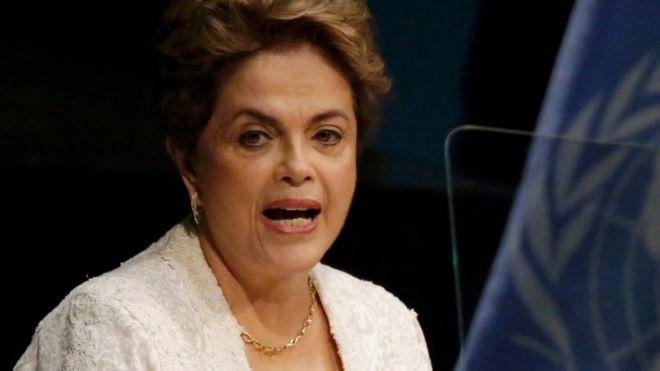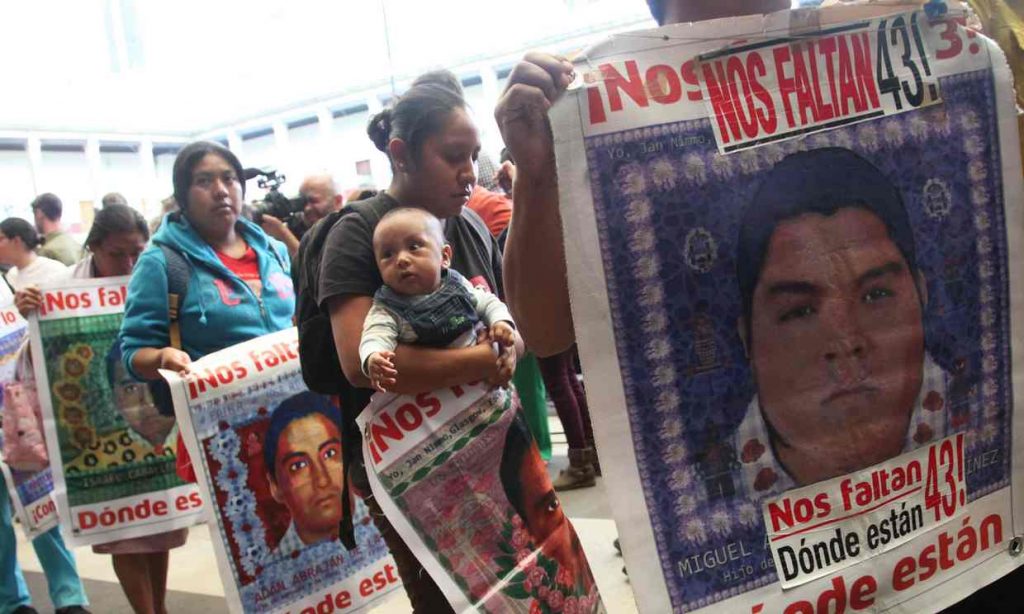Telefonica reported a drop in first-quarter results due to negative currency effects, but said its underlying growth rates were improving. Revenues fell 6.6 percent to EUR 10.784 billion, as growth in Spain was offset by lower results in Germany and Latin America. OIBDA declined 6.7 percent to EUR 3.376 billion, giving a stable margin of 31.3 percent.
Telefonica said revenues were still up 3.4 percent year-on-year on an organic basis, led by 11.3 percent growth in Latin America and 19.9 percent higher mobile data revenues. Data increased to 48 percent of mobile service revenue, up 7 percent points year-on-year. Mobile data traffic was up 51 percent year-on-year, driven by 15 percent of customers now on LTE. OIBDA was also higher on an organic basis, up 5.4 percent, thanks to growth in Brazil (+8.2%) and Spain (+2.0%).
Net profit fell 56.9 percent to EUR 776 million, due mainly to a one-time tax gain in the year-earlier period. Capital expenditure was down 10.6 percent to EUR 1.503 billion, and operating cash flow declined 3.3 percent to 1.873 billion. Telefonica’s net debt increased by EUR 292 million in the quarter to EUR 50.21 billion, due mainly to shareholder remunerations and early retirement settlements with employees. Leverage was at 3.02x OIBDA.
Telefonica maintained its outlook for full-year revenue growth of at least 4 percent and a stablising OIBDA margin. This excludes O2 UK and the Venezuela operations and is based on constant exchange rates. On this measure, the company’s revenues were up 8 percent in Q1.

 GE has announced that Rogerio Mendonça will be the President and CEO of
GE has announced that Rogerio Mendonça will be the President and CEO of 